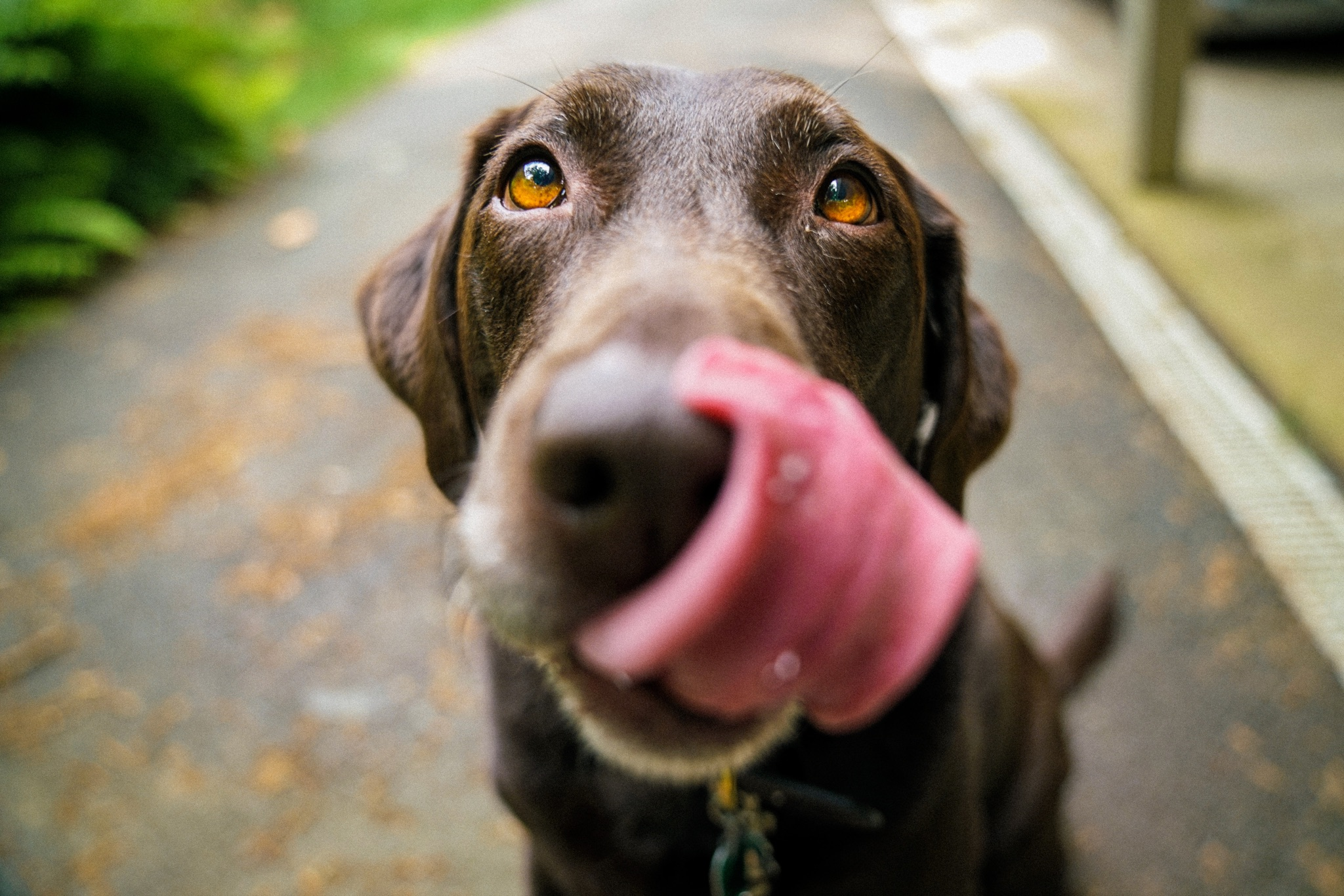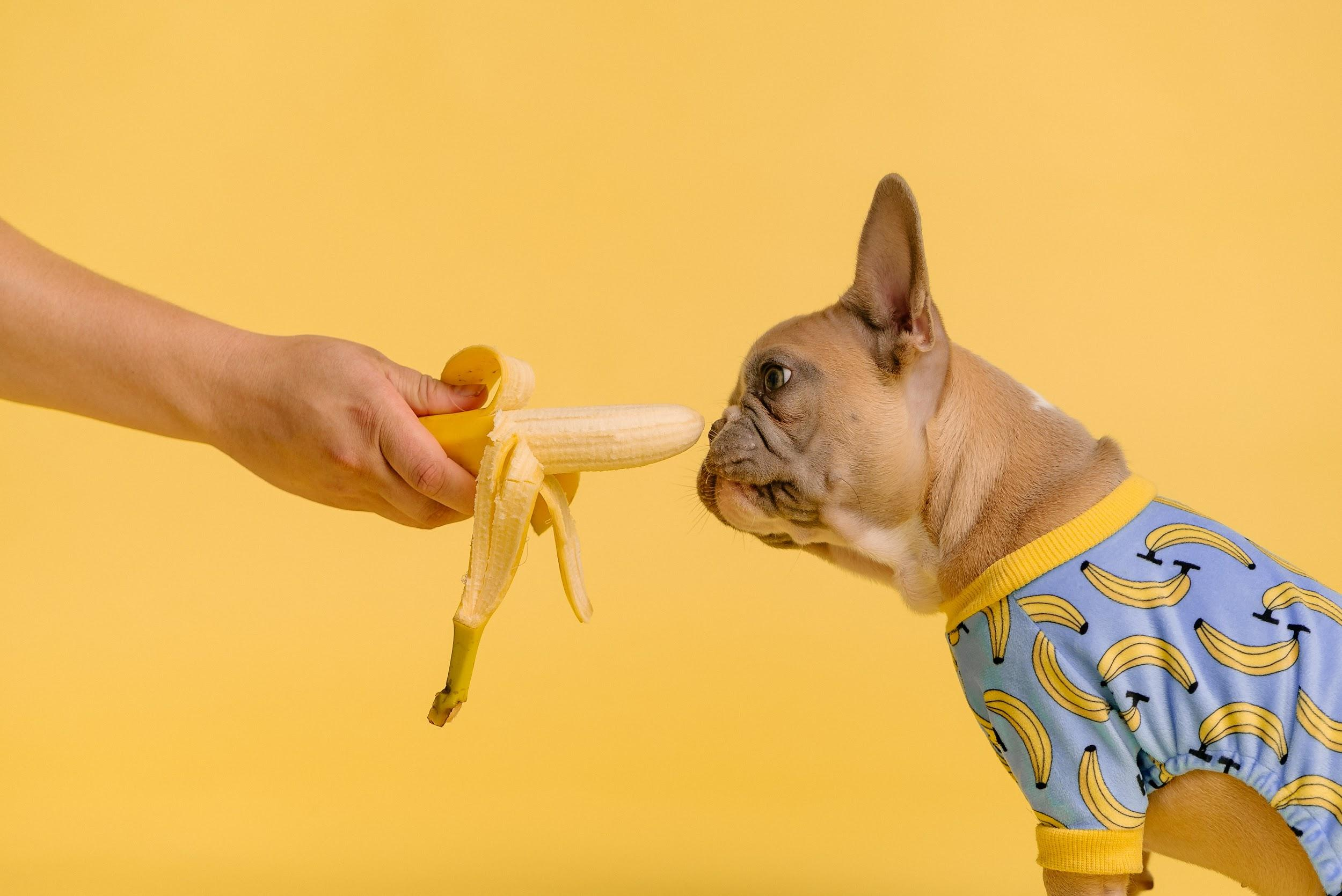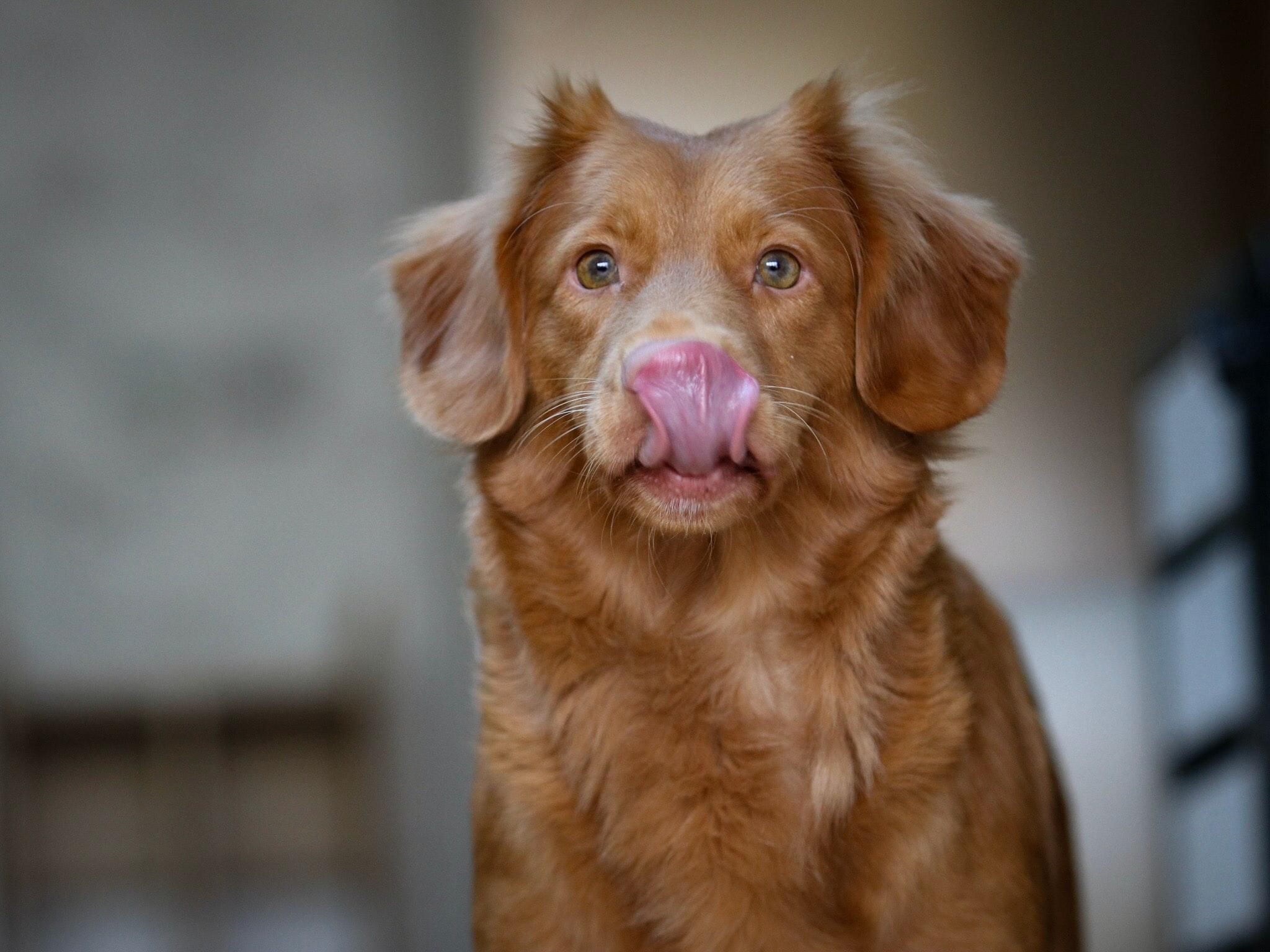
While we consider our pets part of the family, not all of the foods we as people can eat are suitable for them to consume and enjoy. To keep your dog and loveable companion safe and healthy, the list below highlights some of the most common toxic foods to look out for and avoid feeding to your dog.
1. Onion, Garlic and Chives
While as humans, we find that additives like garlic can truly complete a meal, dogs certainly won’t agree.
The onion family, whether dry, raw or cooked, is actually particularly toxic to dogs, with the potential to cause gastrointestinal irritation and red blood cell damage. As the signs of illness are not always immediate and can occur up to a few days later, onion is extremely important to steer clear of.
Porridge is a great fibre-rich alternative if your dog craves human food. Make sure to avoid adding any sugar you may typically add to your own morning oats, as it won’t agree so much with your dog.
2. Cooked Bones
Considering the stereotypical appeal between a dog and a bone, this one may come as a surprise. However, unlike raw bones, cooked bones are at high risk of splintering and can be dangerous during consumption. Smaller, cooked bones can also be extremely sharp and puncture your dog’s digestive tract.
Even raw bones can become stuck or lodged in your dog’s throat, and are not the type of treat to give your pet on your way out the door. It is ideal that whenever you feed your dog bones, you are present in case any accidents do occur. The risk of obstructions in the digestive system, foreign bodies getting stuck in teeth, cracking teeth, choking hazards, and bacterial infection that come with giving dogs bones, means it pays to be cautious.
3. Coffee
While many of us cannot fathom starting off our day without a cup of coffee for an energy buzz, dogs are quite the opposite. For dogs, consuming coffee, tea or caffeine in any form can make them restless. Caffeine can provoke muscle twitching, fast breathing, or fatalities in worst-case scenarios.
Next time your dog seems like they need a pick me up, a banana is a great caffeine alternative. Just like humans consume bananas as a safe source of potassium, fibre and energy that is great for heart health, they can also have the same beneficial effects on dogs.

4. Macadamia Nuts
While macadamia nuts may seem like a quick and easy snack, they are definitely not suitable for your furry friend! Macadamia nut consumption in dogs can lead to a bunch of health issues and even be fatal.
To prevent your pet from paralysis, vomiting, elevated heart rate, and fever, ensure you keep your macadamia stash out of reach. Excellent snack alternatives for your dog include peas or beans as they are fresh sources of vitamins C and K.
5. Chocolate
Another food that humans generally find irresistible, yet is a big no-go for dogs is chocolate. No matter how much they may beg for the creamy deliciousness that is chocolate, the stimulant theobromine within it is toxic for dogs.
Ironically, chocolate is an antioxidant rich treat for humans, but a potential cause for kidney failure to our beloved dogs.
6. Ice Cream
It can be ever so tempting to want to include your pooch in your Maccas ice cream run on a hot summer’s day. However, similarly to humans, dogs are also susceptible to lactose intolerances.
If a dog consumes ice cream, they will likely find themselves in a rather uncomfortable position. If you want to avoid your pet having to suffer from an upset stomach (and the unfortunate cleaning up that comes with it), it’s best to stay away from the creamy, chilled indulgence.
Frozen berries make for a great post dinner alternative to please your pup as they are rich in antioxidants and fibre. If you still want to include your dog in your summer indulgence, blend the berries up into a pooch friendly smoothie bowl.
7. Xylitol
Xylitol is the secret ingredient in most sweet, indulgent treats. Commonly used in lollies, gum, toothpaste and baked goods, while it may enhance the taste factor, it is not something that should be included in your pet’s diet.
It has the potential to cause your dog’s blood sugar to drop, or even result in liver failure. Early symptoms can be alarming, and include vomiting, lethargy, and coordination problems. Consumption can even result in seizures, and liver failure within just a few days.
To avoid Xylitol at all costs, parsley is a useful alternative that gives your dog something crunchy to chew on, with the bonus effect of a fresh breath.

8. Corn on the Cob
Small amounts of corn are generally considered safe for dogs to ingest, however whole ears of corn can be quite dangerous.
Naturally, if a dog is given a corn cob, they will likely try to eat the entire thing. This can be quite dangerous as once the cob is swallowed, it can quickly become a choking hazard, cause intestinal blockage, and even become fatal to your dog.
9. Raw Meats and Fish
As much as sashimi can be an indulgent dinner for humans, dogs likely will not agree. Raw meats and fish can easily become contaminated with bacteria, such as E. coli, which can cause food poisoning.
Some fish even contain parasites that can cause “fish disease” or “salmon poisoning disease (SPD)”. The risk of these food-borne diseases for the dog during consumption and the human during preparation is why it is not recommended to feed your dog raw meat.Symptoms of food poisoning include vomiting, fever, and enlarged lymph nodes.
Although raw diets for dogs are becoming increasingly popular, organisations like the FDA and American Veterinary Medical Association advise against this. Cooked fish is perfectly fine as the cooking process kills any parasites. Just ensure you remove any bones to prevent choking hazards or internal organ risks.
10. Grapes, Currant and Sultanas
The nutritional benefits of fruits and vegetables may have you thinking they are safe for your fluffy little pal, however, many are not. Grapes and their dried variations are actually poisonous to dogs, with the potential to cause vomiting, sluggishness, and even kidney failure.
Cooked sweet potato or pumpkin are excellent alternatives that can provide your pooch with the sweet fix they crave. Plus, they have the added bonus of beta carotene and are good digestion!
To Sum it Up
While this extensive list will be able to help you protect the health of your dog, it is easy to make mistakes. So, what should you do if your dog happens to eat something poisonous? Even if consumed in small amounts, these items can be fatal, so it is important to always act immediately and take your dog to the vet at the first sign of poisoning.
Caring properly for a pet is a large responsibility, but is always worthwhile. To ensure you and your pet live the best life possible, it is important to consider all stages of your pet’s life from birth, socialising, loving and aftercare. Pets in Peace is passionate about helping pet owners through every stage of this journey. Contact Pets in Peace today for advice or any services you may require.
